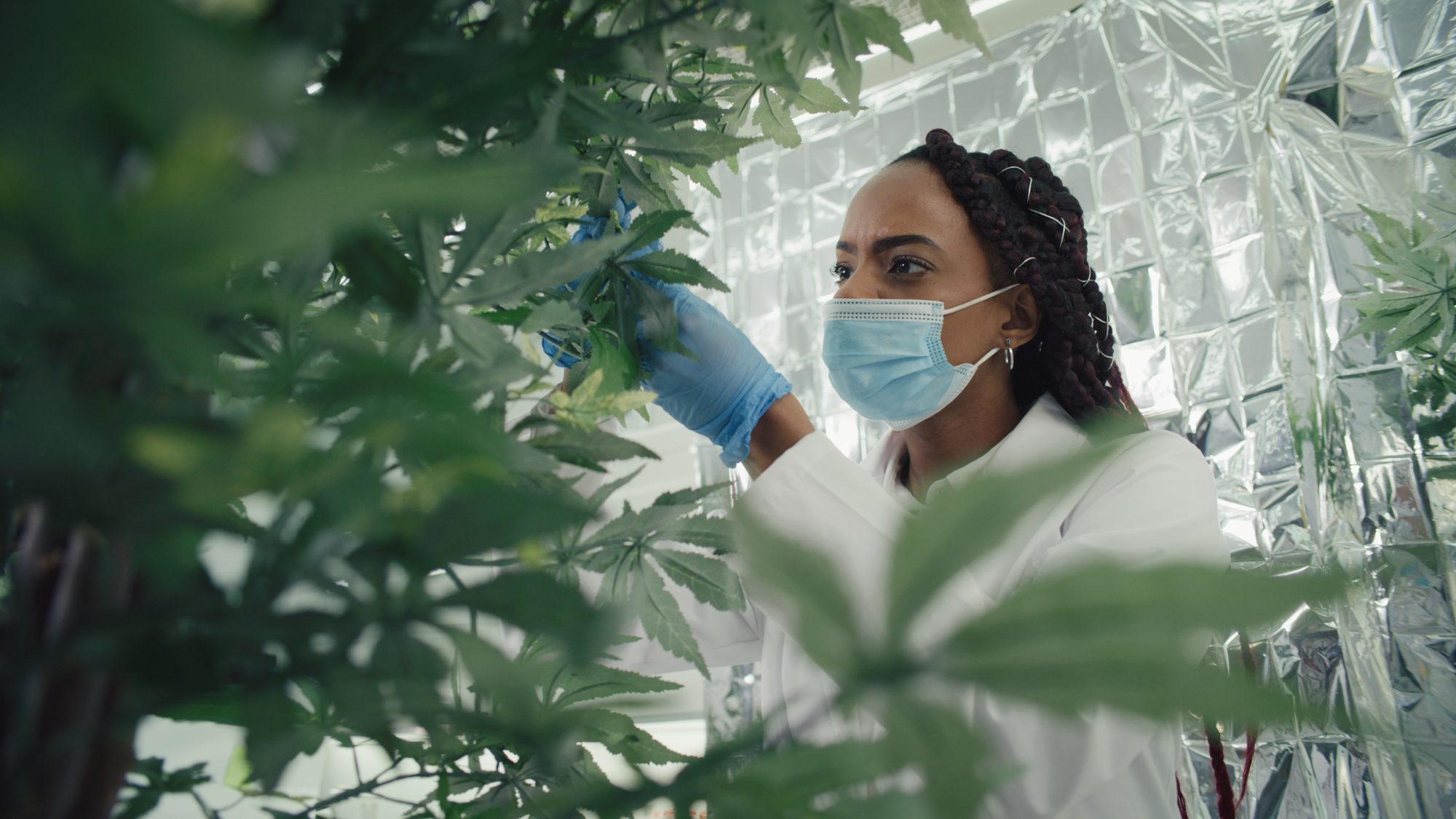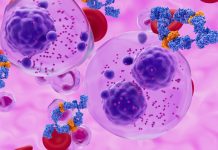Could cannabis for cancer become a reality in patient wards? Researchers find the plant can improve sleep, pain, and brain clarity, easing ‘chemo brain’
Given the variety of cannabis products which are now legal in many U.S. states, cannabis for cancer patients could improve cancer symptoms and chemotherapy side effects.
Research by the University of Colorado Boulder finds that cancer patients who use cannabis to address their symptoms have less pain and sleep better, but also have an additional benefit: after a few weeks of sustained use – they think clearer.
“We thought we might see some problems with cognitive function. But people actually felt like they were thinking more clearly.”
40% of U.S. cancer patients use cannabis for cancer
While research also finds that 40% of U.S. cancer patients use cannabis, only a third of doctors feel comfortable advising them about it – demonstrating the lack of knowledge of cannabis’ effects and whether it would help cancer.
Additionally, research on cannabis is further hindered by federal laws, which prohibit university researchers from possessing or distributing cannabis for research unless it’s government-issued or of pharmaceutical grade.
So far, most studies on cannabis for cancer have only used prescription products like nabilone or dronabinol (typically prescribed for nausea) or government cannabis strains – which tend to be less potent and lack the variety of over-the-counter offerings.
How did they get past the legal barrier of cannabis?
The researchers purchased edible products from a dispensary which had varied choices, spanning 18 brands, including chocolates, gummies, tinctures, pills, and baked goods. The strains had various ratios of THC and CBD at a wide range of potencies to differ the results.
Observing 25 cancer patients, the researchers conducted a baseline appointment in which their pain levels, sleep patterns and cognition were assessed.
Then, the chemotherapy patients chose which edible product they wanted from the dispensary, and were assessed over two weeks of cannabis use.
To study acute impacts, researchers drove a “mobile laboratory” to each patient’s home one day, this involved physical and cognitive assessments in the van, then re-tested in the van after using cannabis in their homes.

As people’s pain increasingly subsided, their cognition got better
After follow-up exams, the study found that the patients who ingested more CBD – a known anti-inflammatory – reported more improvements in sleep quality and pain intensity.
In short-term results (after one hour of cannabis use) cannabis eased patients’ pain significantly, but it also impaired some patients’ cognition and made them feel “high” (the higher the THC content, the higher they felt).
However, longer term, something better emerged: After two weeks of sustained use, patients reported improvements in pain, sleep quality and cognitive function.
Some objective measures of cognitive function, including reaction times, also improved.
Both cannabis and chemotherapy have been previously associated with impaired thinking
While some forms and dosages of cannabis for pain relief may impair thinking short-term, some regimens might improve cognition in the long run by reducing pain.
Senior author Angela Bryan at CU Boulder, who is also a cancer survivor, said she used THC-heavy products when her pain was intense, and that she ‘sacrificed’ some mental sharpness, and milder, CBD-heavy products to keep the pain manageable.
Angela Bryan said: “When you’re in a lot of pain, it’s hard to think. We found that when patients’ pain levels came down after using cannabis for a while, their cognition got better.
“This tells us that people are open to trying whatever they think might be useful, but there’s just not much data out there to guide them on what works best for what.
“We thought we might see some problems with cognitive function. But people actually felt like they were thinking more clearly.”











